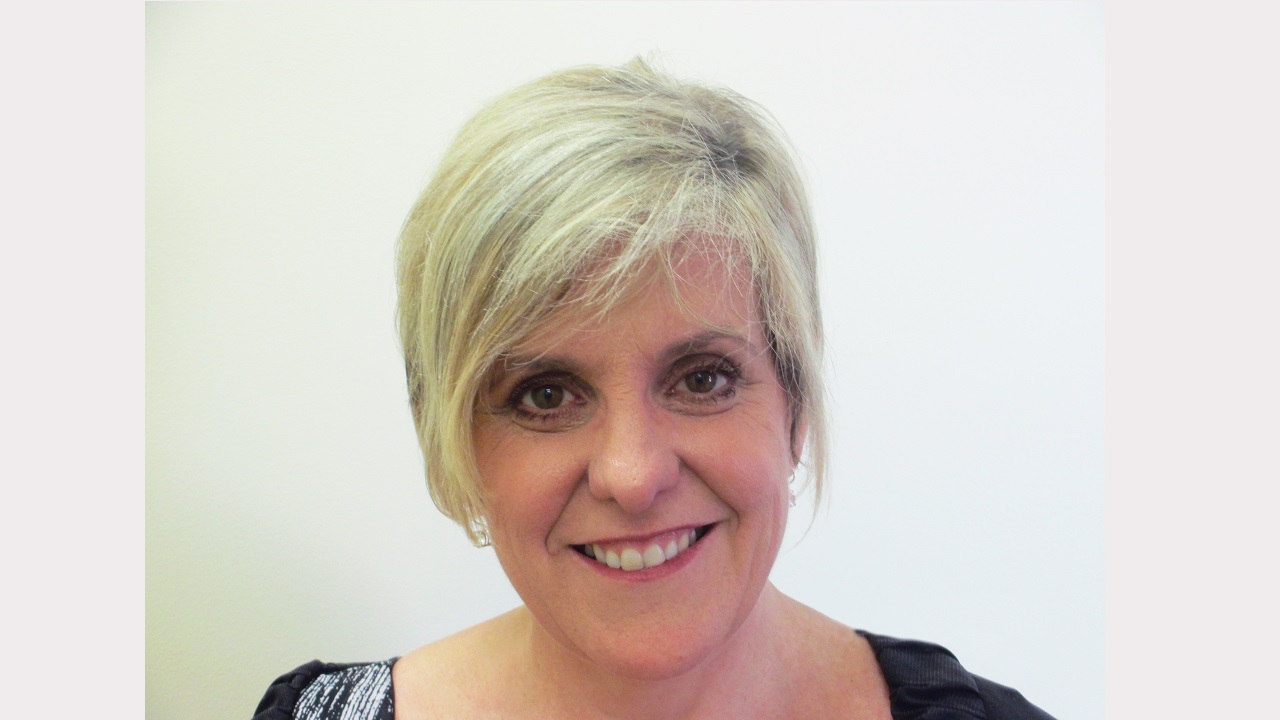Separate terminally ill patients and carers for psychosocial assessments
Separate terminally ill patients and carers for psychosocial assessments
by Heather Wiseman
Thursday, September 03, 2015
Kate Swetenham, Service Director of Southern Adelaide Palliative Services, said patients and carers are generally careful to protect one another’s feelings, which can severely inhibit what they say when they are together.
Significant long-term benefits flow from separating patients who are terminally ill and their main care giver when conducting psychosocial assessments, according to an expert in palliative care and communication dynamics.
Ms Swetenham today presented results of a three-year pilot study at Palliative Care Australia’s Fit for the Future conference. The study assessed the impact of separating patients and carers during initial palliative care assessments in an outpatient clinic.
It found that patients were more likely to explore emotional topics when caregivers were not in the room and caregivers were more likely to reveal their needs. Both patients and caregivers were more likely to have their specific information needs met, when free to ask questions privately.
“Carers can be seen as hidden patients, who have significant needs of their own."
“There is absolute value in separating patients and their care givers in order to unearth any unmet needs, as different open and honest conversations take place.
“When you separate them, the patient doesn’t have to protect their care giver from the things that are worrying them.
“Carers can be seen as hidden patients, who have significant needs of their own. When they are the focus of their own psychosocial assessment, they are better able to respond honestly to questions about how they are coping.”
“It sounds expensive, because conducting separate assessments is more labour intensive, but if you put the investment in at the front end, you will reap the rewards later. Early on, you are preventing the anxiety that is caused when people don’t have access to the information they need.”
Ms Swetenham said there was also value in asking patients and carers separately about where they would like end-of-life care to be provided, to see whether those views were genuinely aligned.
Palliative Care Australia CEO Liz Callaghan said good palliative care catered to the physical, emotional, social, cultural and spiritual needs of both patients and their families.
“It is important to give patients and their carers the opportunity to express those needs honestly and openly.”
